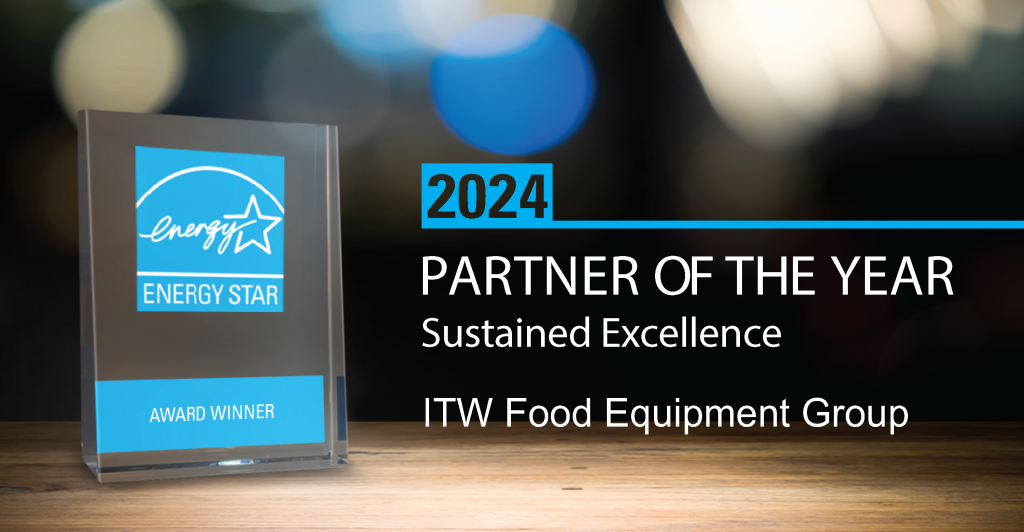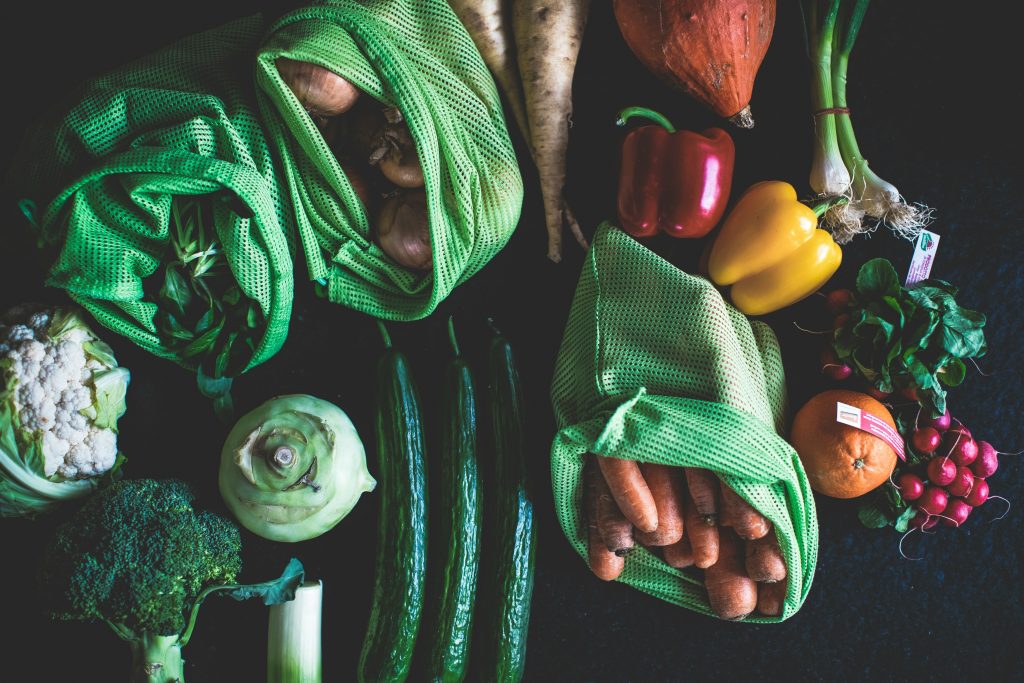
Once upon a time, campus catering was a somewhat bland affair, often consisting of plates loaded with potatoes and as many cheap, filling carbohydrates as possible. In today’s world, things have changed – students now expect to have a varied choice with ingredients that are responsibly sourced and healthy options as standard.
Research shows that almost half (40%) of those aged 20 and under rate sustainably sourced ingredients as very important when choosing what food to buy. This is closely followed by those in the 21-34 age bracket, where 30% said that it formed an important part of their decision-making process.
As environmental and sustainable awareness increases with each generation, it is no surprise that people are taking this into consideration when making decisions about the food they eat. Students now have more choice than ever, so how do university caterers keep their customers on campus and potentially boost their bottom line at the same time?
Provide the right assurance
To meet the demand from today’s students for transparency and traceability across the food chain, it’s important to make it as easy as possible for consumers to identify dishes and products that support causes that they care about. Flagging ingredients accredited by a food assurance scheme sends out a clear message about a catering outlet’s sourcing practices and brand ethos.
Below is a brief guide of the major accreditation marks and what they mean for the food provided:“However, knowing where to start can be a little daunting as the list of food assurance schemes is anything but short. Ranging from Red Tractor and Fairtrade to the Rainforest Alliance and the Soil Association, understanding accreditations and what they mean can be a bit of a minefield…
Fairtrade
- The Fairtrade mark is designed to support producers in developing countries to ensure they get a fair deal as well as work in suitable conditions.
- Fairtrade coffee, nuts, tea, bananas, sugar, rice, spices, grains and chocolate should all be on the shopping list of any ethical university.
Organic (EU Green Leaf organic symbol or the Soil Association organic symbol)
- Predominantly overseen by the Soil Association and EU Law, organic standards look at all aspects of food manufacturing and ban unnecessary and harmful food additives.
- For universities looking to try organic, the key foods to include on menus are meat, vegetables and milk. However, if you know and trust your producers then the Organic mark isn’t always necessary.
Red Tractor
- Red Tractor is the largest UK farm and food standards scheme which covers animal welfare, food safety, traceability and environmental protection. Products under this scheme have a Red Tractor logo on the label.
- The mark is perfect for those looking for products which meet basic UK health and safety criteria.
- For universities looking to adhere to high-welfare practices when purchasing meat and eggs for example, they should look to other marks such as Lion Quality.
When looking for ingredients bearing an accreditation mark however, caterers should be aware that this doesn’t mean that food is necessarily nutritionally better, organic, produced in Britain, free from additives or taste any different than other alternatives. Unless any of these traits are specifically stated.
The sheer range of standards and accreditations can cause confusion. One way that university food outlets are tackling accreditation and ensuring that their food is appealing to what their customers want is by using online tools. E-procurement platforms can help university caterers to harness a vast range of in-depth information on all food accreditations, linking them back to specific products – making the selection of ethical, local, sustainable and green products much easier.
One thing is for sure, choosing to work with ingredients that are accredited and offering students the reassurance that comes with greater awareness of where their food comes from can go a long way to boosting sales. This is a trend that is here to stay, there is no going back to the days of institutionalised catering where there was little choice or information available to campus catering outlets.”
Acquire provides online procurement systems that are used by some of the country’s leading foodservice providers, including universities. For more information, go to www.acquireservices.co.uk




